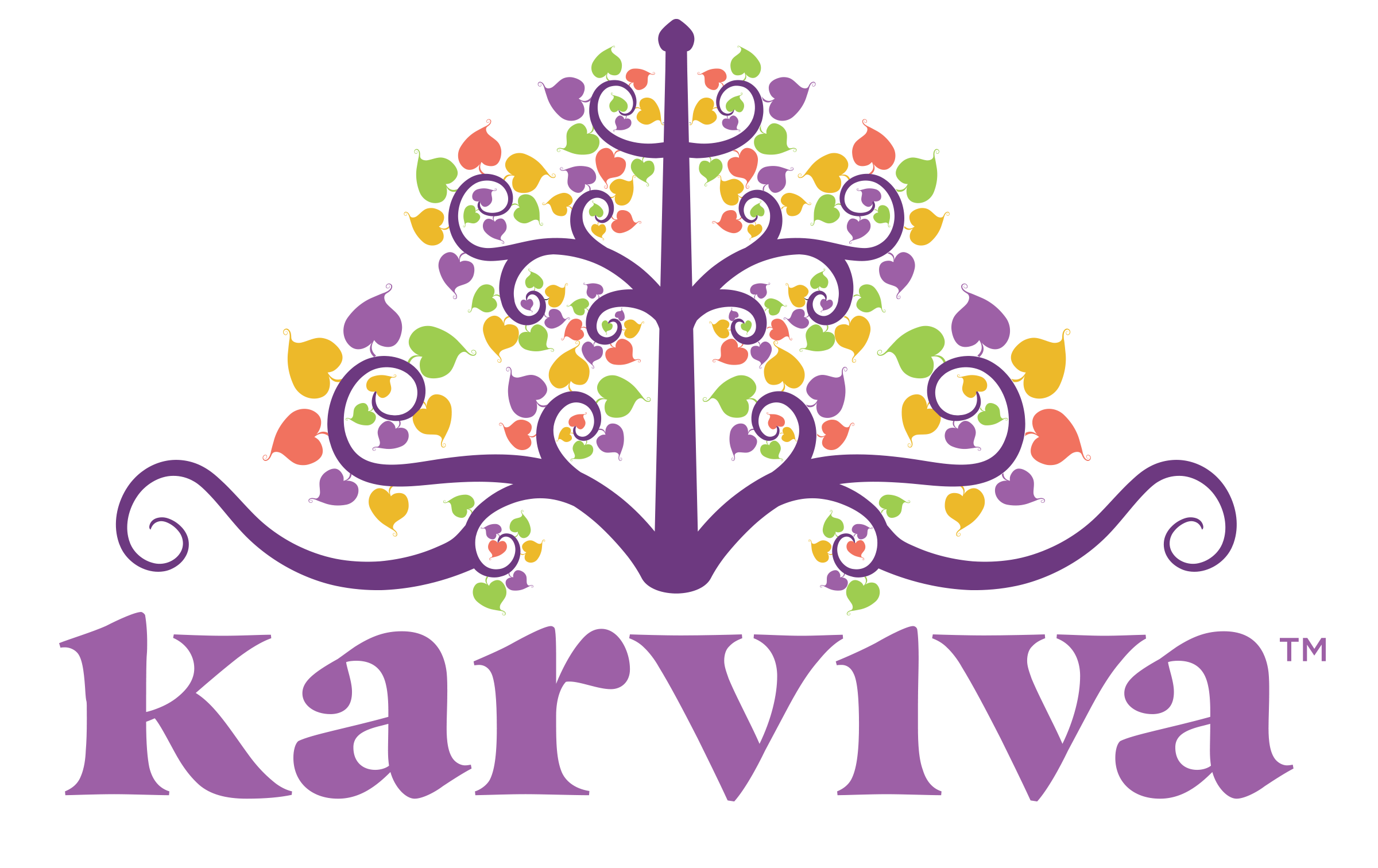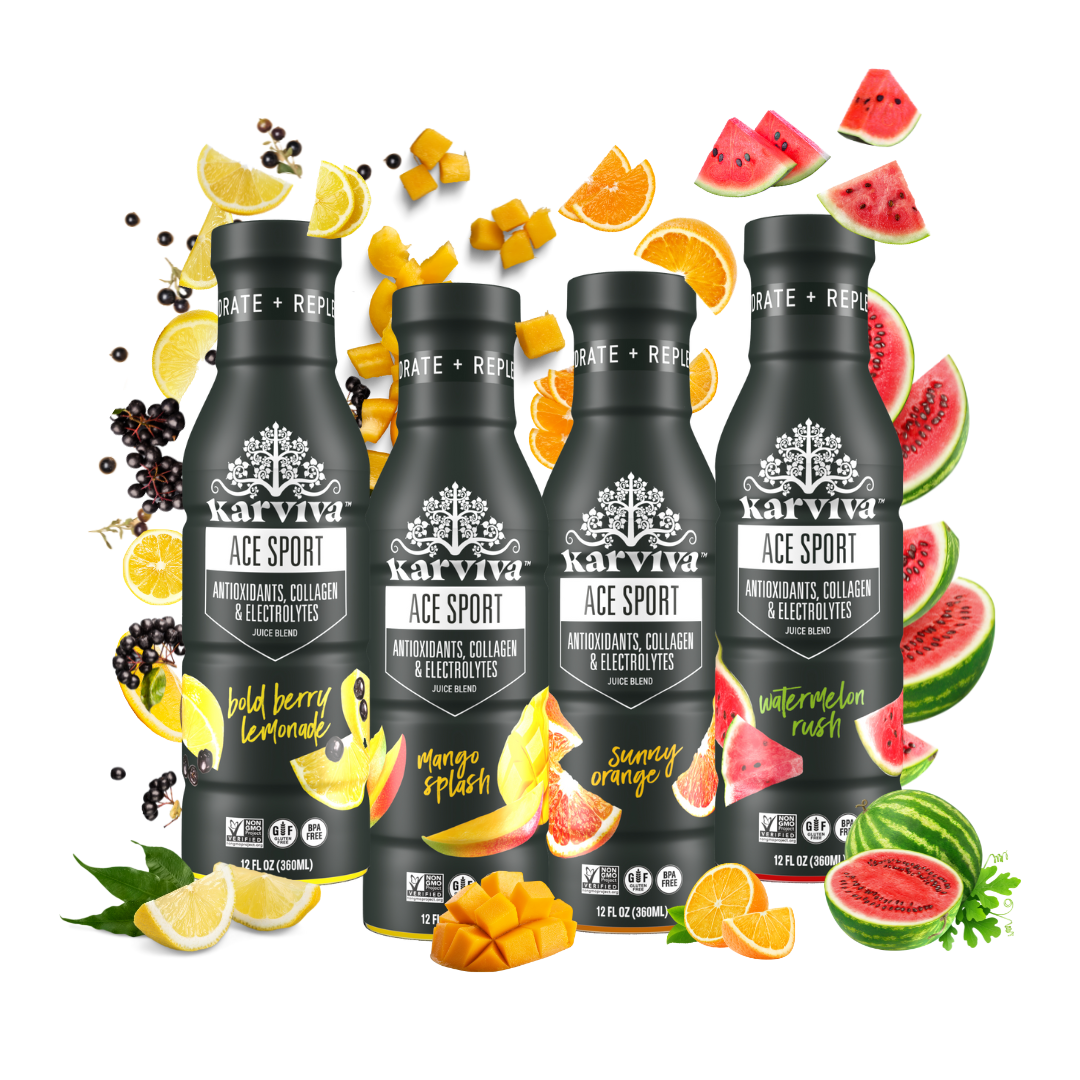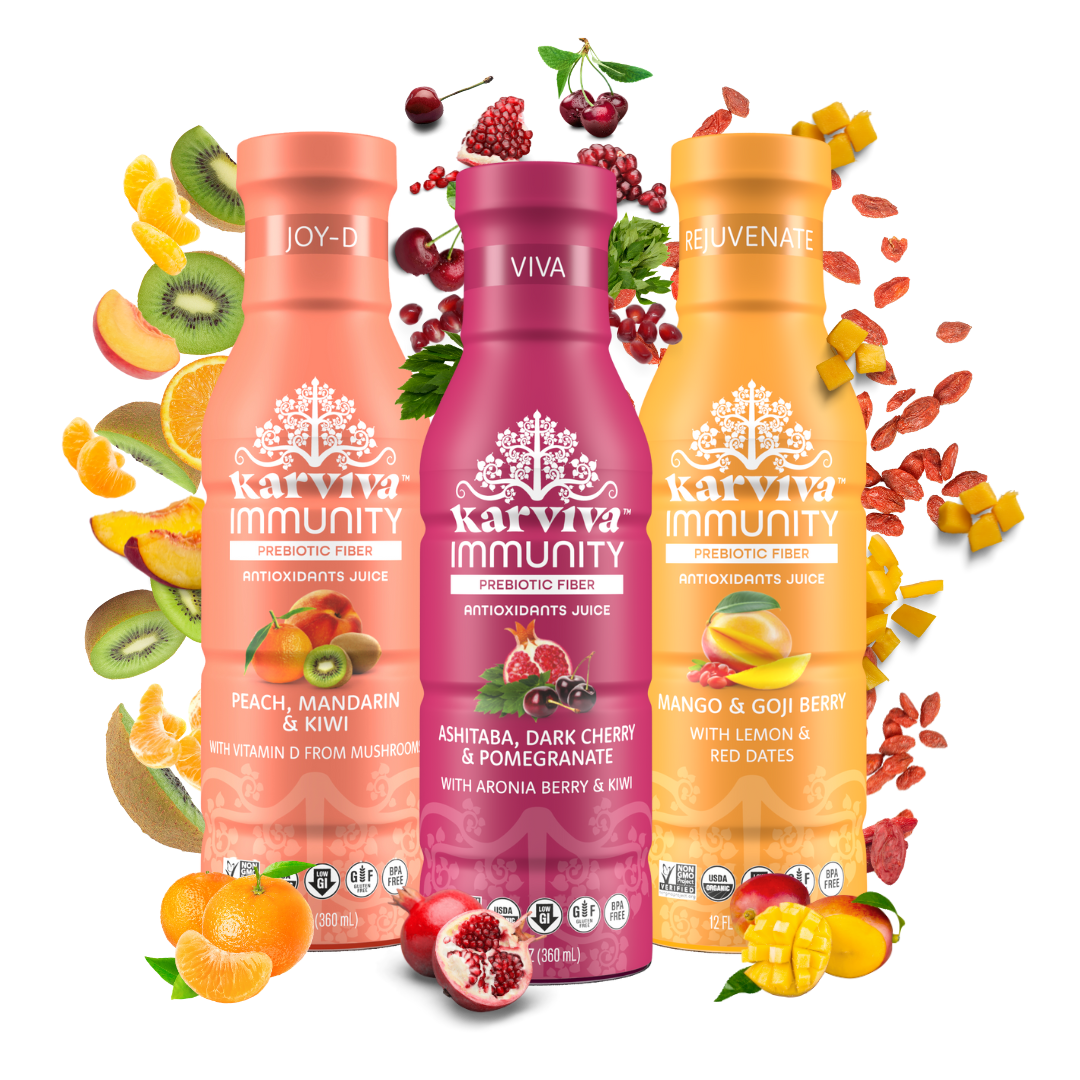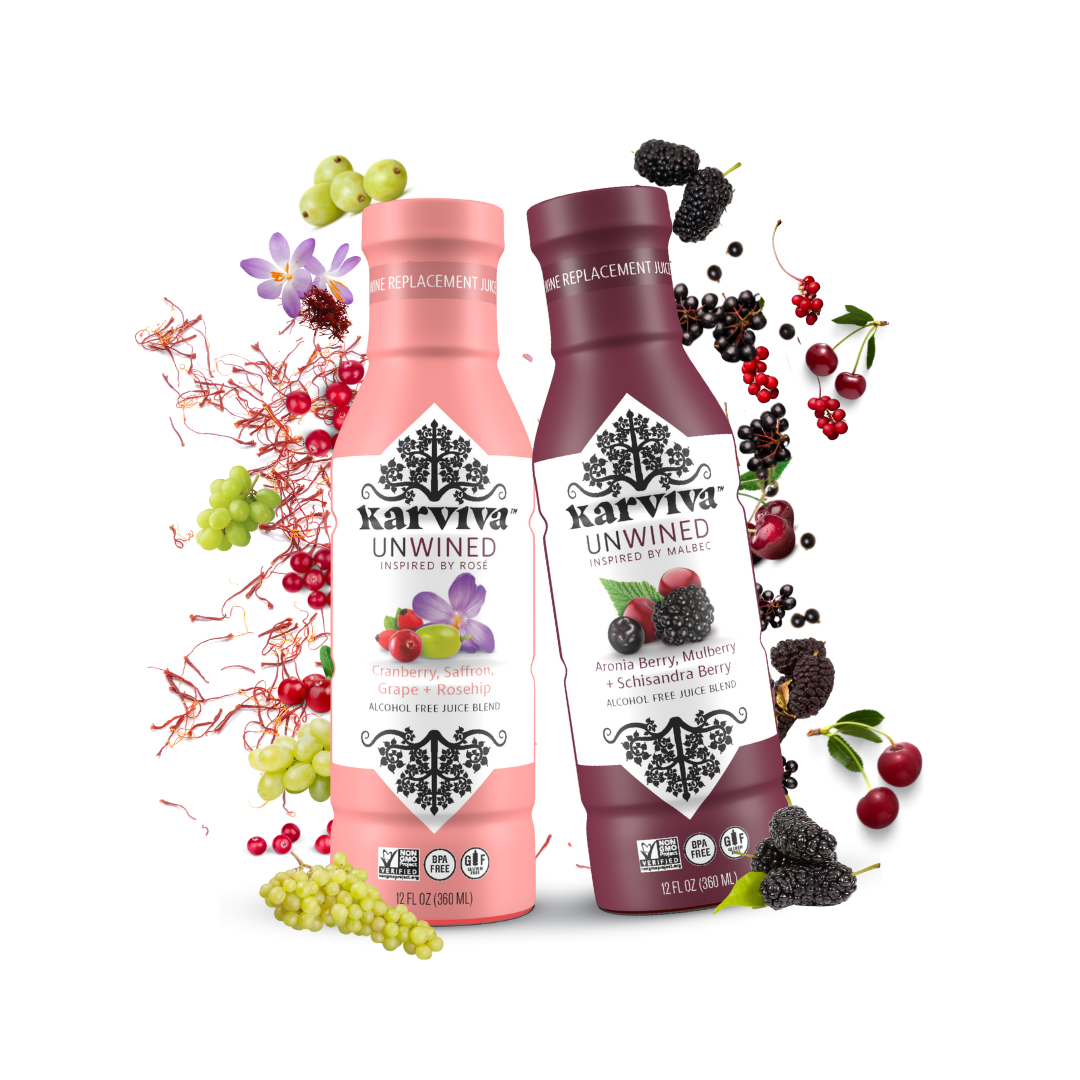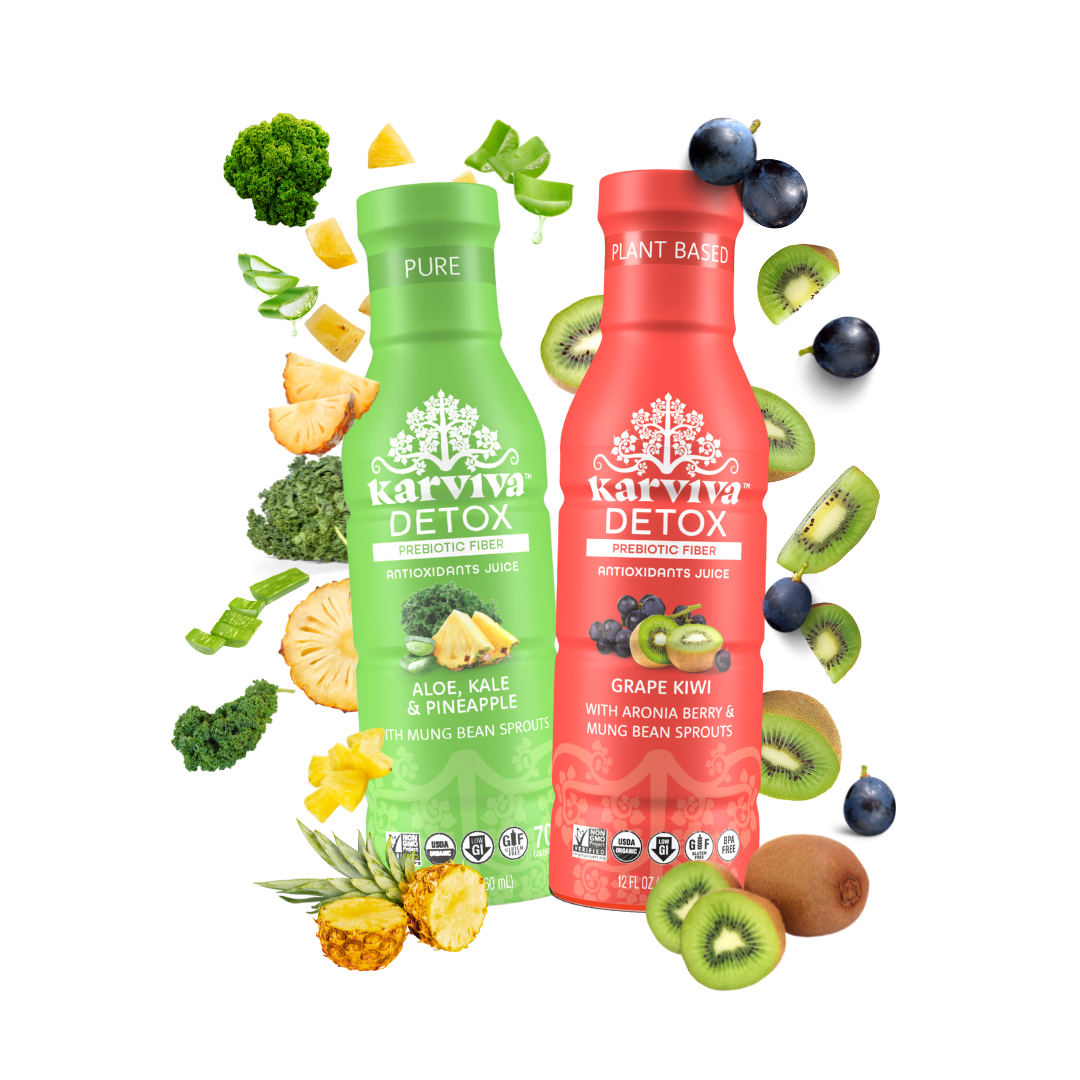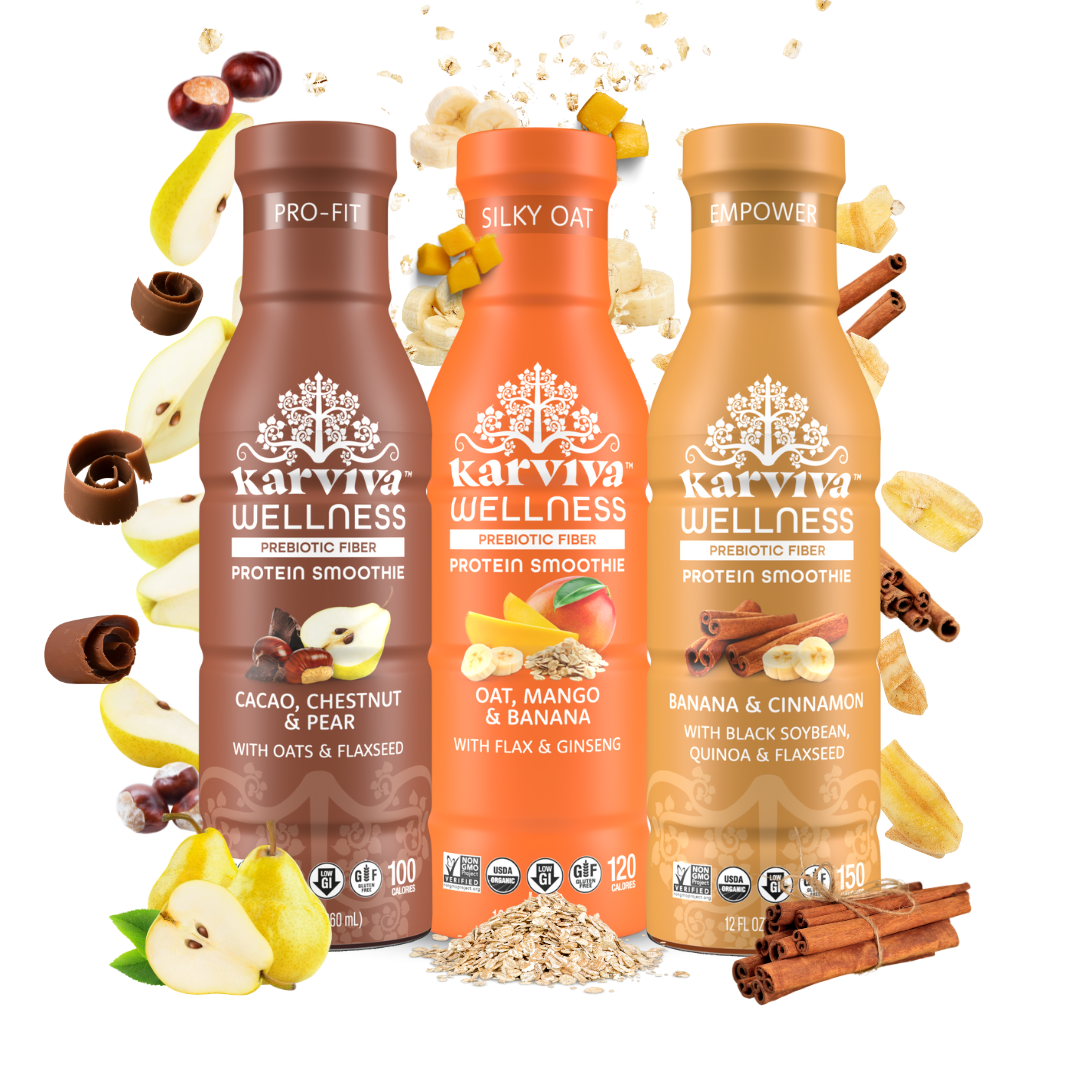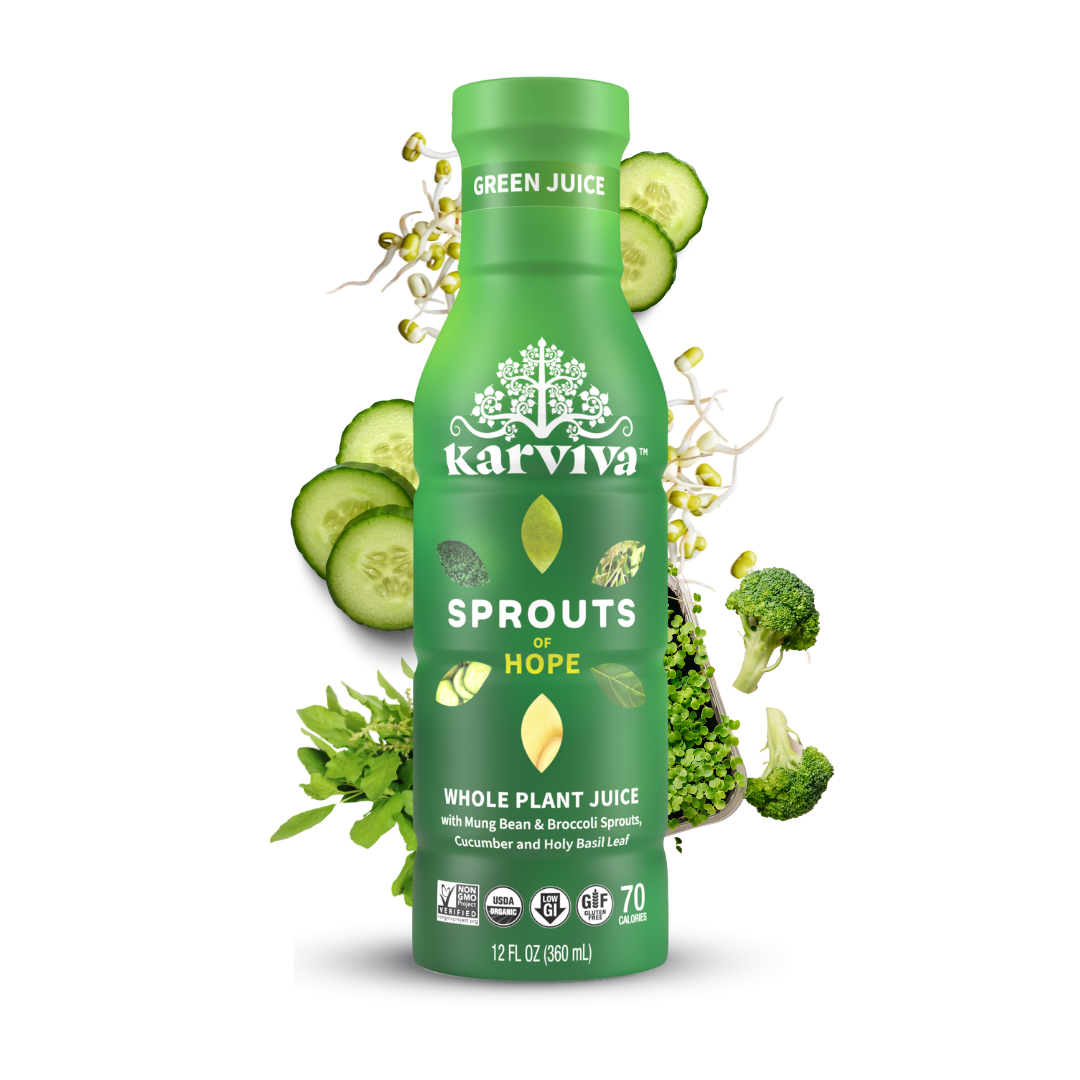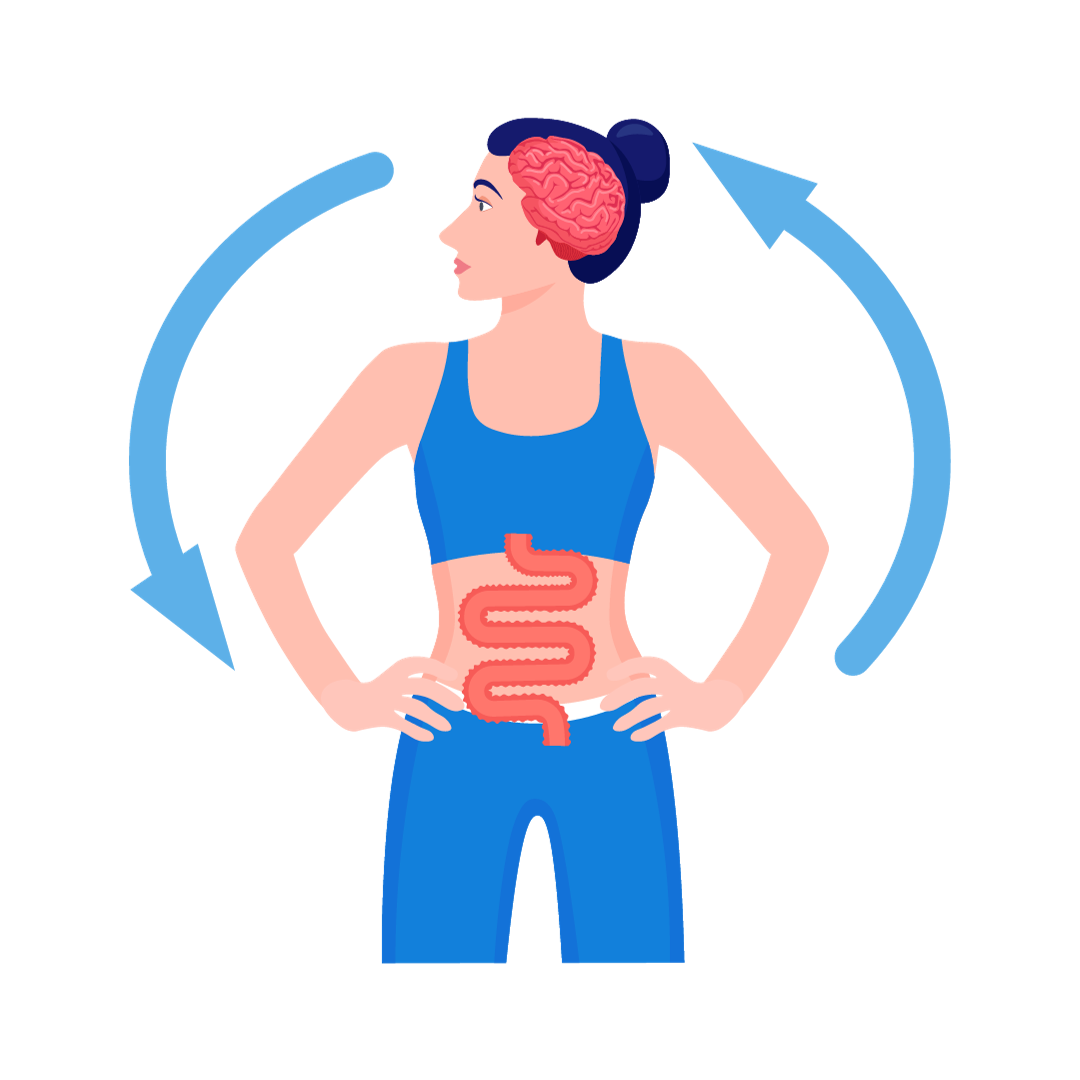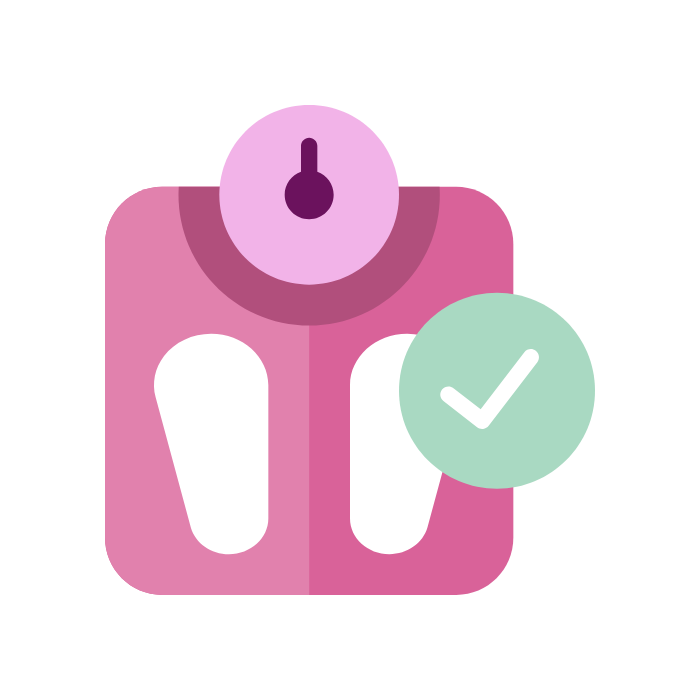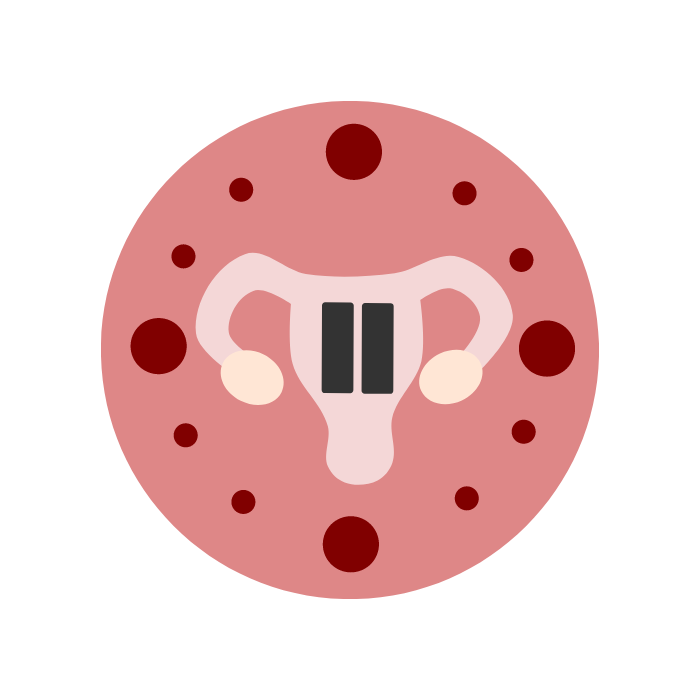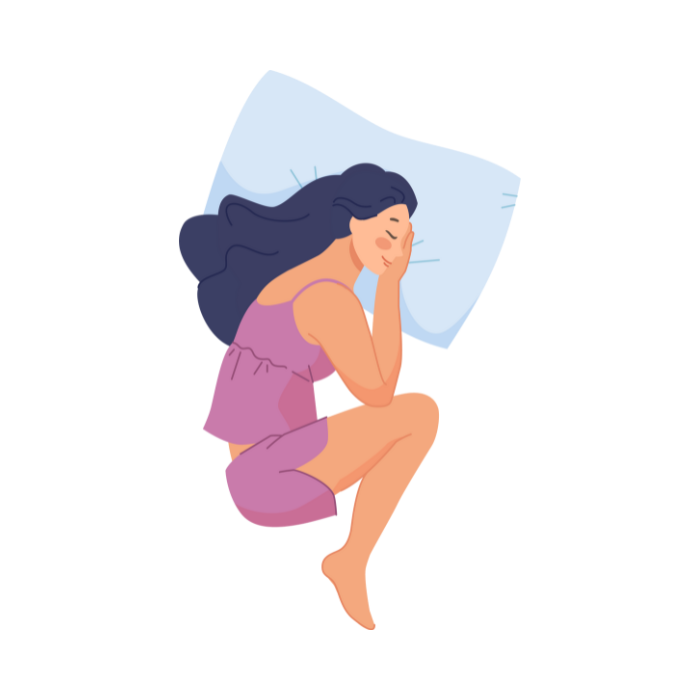
For thousands of years, many great teachings have been passed down to help us develop mindfulness, equanimity, wisdom and compassion. The word Karviva in Buddhism translates to compassion which is one of the cornerstones of meditation. Similar to the makeup of Karviva beverages, meditation blends ancient knowledge with clinical research to optimize its experience and benefits.
So, what is mediation?
In modern society there are different interpretations of meditation such as concentrating on your breath while sitting cross legged or taking a yoga class. These interpretations are perspectives that can help us reach what meditation really is. Meditation is the inner metamorphosis of stilling the mind while being at peace. An individual does not have to be sitting in the lotus posture in an ancient temple to be in a meditative state. Meditation purely refers to a state of being, meaning one could be in the present moment at complete peace while engaged in their occupation or daily activities and another could be daydreaming while anxious while in a seated meditation. Lucky for us there are thousands of years of experience passed down to teach us how to put ourselves into this state.
What are the benefits of meditation?
The benefits of meditation have an extraordinary range starting at easing anxiety all the way to encouraging more conscientious dietary habits. It is extremely versatile and can be incorporated into anyone’s busy lifestyle. Meditative practices can help one get a moment of peace even when we have a vigorous day of work and activities. Similar to the antioxidants in our karuna detox juice, research has shown meditation increases immune function, is anti-inflammatory at the cellular level, can reduce blood pressure and also mitigate rheumatoid arthritis. Studies also show that meditation can improve your memory and increase mental focus and attention. Similar benefits are also seen from certain biological compounds found in Karviva’s Café turmerific.
Additional benefits:
- Lower depression levels
- Increased gray matter in brain
- Better decision making
- Decreases pain
- reduces stress
- slows aging
We hear from so many My Karviva customers “I have a family, work full time and am very busy with other activities. How is it possible for me to find time to meditate?”
Well the good news is that Meditation doesn’t always mean going off into the isolated mountains in ancient
caves. It can be done sitting at your desk, in the car on your way to work, or even done in motion. Research has shown that if you can commit to just fifteen minutes once a day that it can have remarkable benefits. Mediation can also be done while engaging in activities simply by being aware of what is happening in the body and mind. You can try this right now while you are reading or you may skip to the next question. As you read the rest of this article begin to deepen your breath and bring your attention to the movement of your breath as you inhale and exhale. You may notice the inflow and outflow of your breath at your stomach or maybe the physical sensation it brings at your nostrils. Do not attempt to control your breathe, just simply stay aware of it. Do your best as you read the rest of this article!
How often should I meditate?
In our busy lives dedicating consistent time to meditate may not seem practical. There has been
research showing that as little as 15 minutes a day can have profound benefits. A helpful tip here is to hold yourself accountable starting just one or two days a week and work your way up to a more daily practice.
Where do I begin meditating?
There are also many local places that offer free meditation sittings, such as yoga studios, parks, and centers dedicated to a daily practice. Meditating with a group can be extremely motivating and help you stay dedicated. If this is not practical, an online guided meditation is a great for first time meditators. The internet has thousands of free amazing videos filled with great teachers to guide you. A simple beginner meditation method that anyone can do is a guided body scan meditation where someone guides you to notice sensations through the body creating a more holistic mindfulness.
What is mindfulness meditation?
– Mindfulness Meditation can be defined as existing in the present moment by concentrating our direct attention on continuous phenomena we’re experiencing within and without while beingcurious, open and nonjudgmental of the experience.
Is there a way meditate without a guide without a guide or going somewhere?
There are lots of local places that offer free meditation sittings and yoga is also a wonderful way to help bring you into the moment. If neither of these are available to you then here are some other suggestions. Sit in a comfortable position on the floor with your legs crossed on in a chair with your feet on the floor. Relax your face muscles, shoulders, torso muscles, and limbs. Begin to notice the sounds around you and what is happening in your body. You may feel pleasant or unpleasant sensations, hear noises outside and notice thoughts arising. The key here is to notice what is happening and keep bringing your attention back to the present moment. A good way to stay present is to keep your attention on your breathe and use it as your anchor of attention. Once your fifteen minutes is up mindfully go back into your day.
To sum things up, meditation is a wonderful way to help us live healthier lifestyles. In a similar way to how modern science has given us a greater understanding of nutrition, it has also expanded our knowledge of the benefits and physiological changes associated with meditation. We are grateful to our ancestors for the cumulative insights that have arisen with their experiences and look forward to using this storehouse of knowledge for the direct benefit of our Karviva community.
